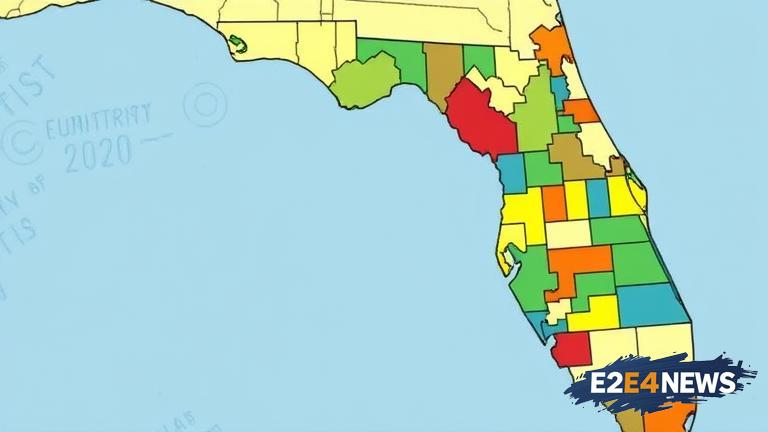Florida Governor Ron DeSantis is considering a plan to redraw the state’s congressional districts before the next scheduled redistricting in 2030. This move has sparked controversy and debate among politicians, citizens, and advocacy groups. The current congressional districts were drawn in 2022, following the 2020 census. However, DeSantis and Republican lawmakers argue that the districts need to be revised to better reflect the state’s changing demographics and population growth. Critics, on the other hand, claim that the move is an attempt to gerrymander districts and gain an unfair advantage in future elections. Redistricting is typically done every 10 years, following the census, to ensure that each district has roughly the same number of people. However, DeSantis and his allies argue that the current districts are not representative of the state’s population and need to be revised sooner. The plan has sparked outrage among Democrats and advocacy groups, who claim that it is an attempt to suppress minority voting power and manipulate election outcomes. They argue that the current districts were drawn with input from citizens and stakeholders, and that revising them now would be a waste of time and resources. Furthermore, critics point out that the move could lead to costly and time-consuming lawsuits, as well as confusion among voters. DeSantis and his supporters, however, claim that the plan is necessary to ensure that the state’s congressional districts are fair and representative of the population. They argue that the current districts are outdated and do not reflect the state’s changing demographics. The plan has also sparked debate among Republicans, with some lawmakers expressing concerns about the potential consequences of revising the districts. Despite the controversy, DeSantis appears to be moving forward with the plan, which could have significant implications for the state’s politics and elections. The move is seen as a test of DeSantis’ power and influence, as well as his willingness to challenge the status quo. As the debate continues, citizens and advocacy groups are watching closely, concerned about the potential impact on their voting power and representation. The plan has also sparked interest among national observers, who see it as a potential bellwether for future redistricting efforts across the country. Ultimately, the outcome of the plan will depend on a variety of factors, including the support of lawmakers, the response of citizens and advocacy groups, and the potential legal challenges that may arise.
